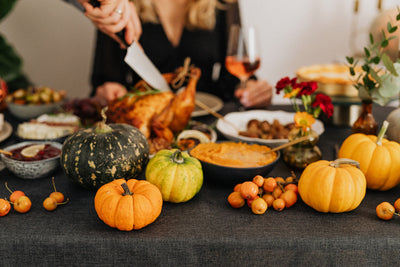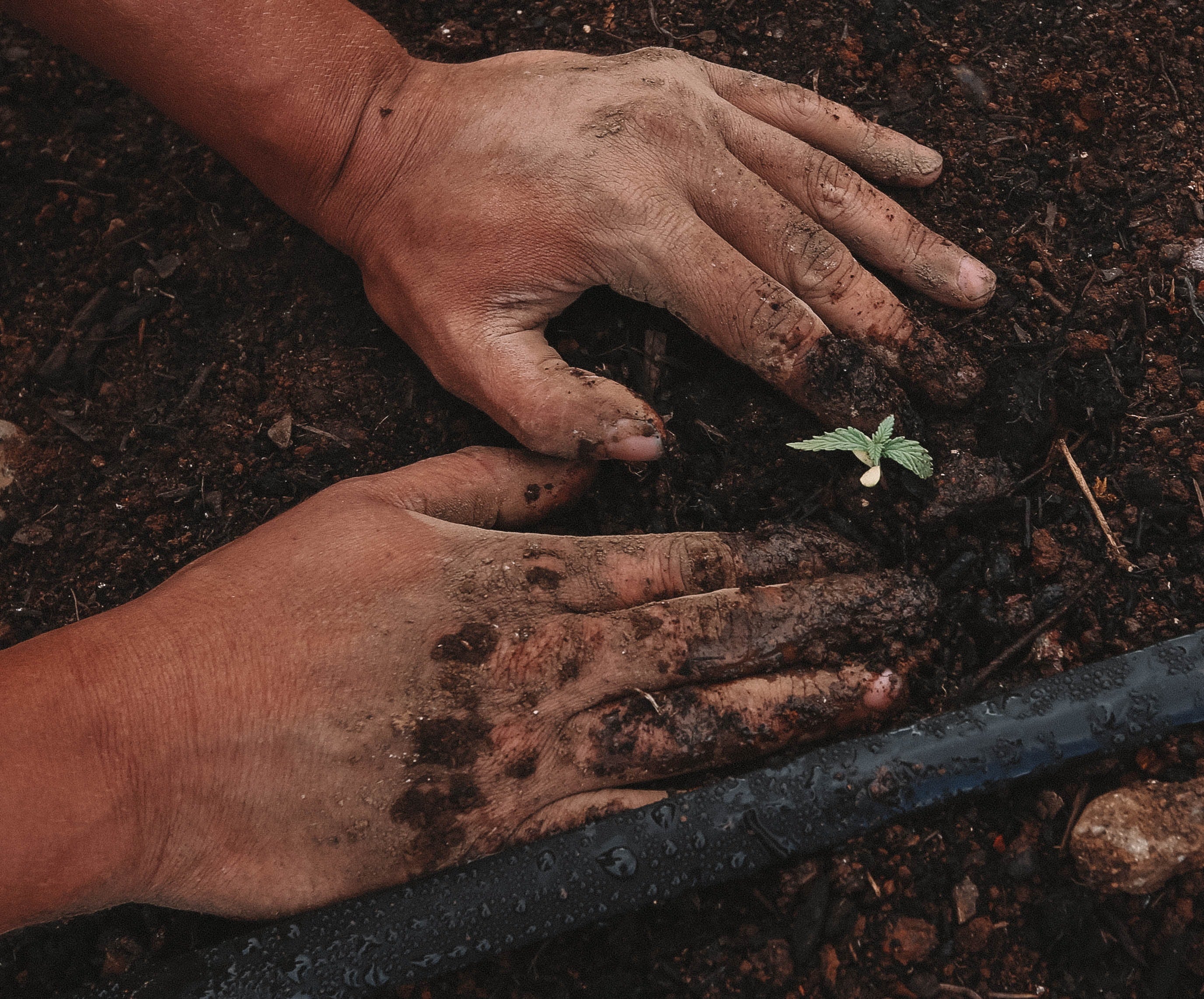In recent years, there has been a growing interest in survival gardens as a means to secure a sustainable food source, especially in uncertain times. Survival gardens are designed to provide essential sustenance and contribute to self-sufficiency in challenging situations. While vegetable patches and fruit trees play a vital role in these gardens, there's another essential aspect that is often overlooked: pollinator bee houses. Here, we'll delve into the significance of pollinators, the benefits of incorporating bee houses into survival gardens, and the role these small structures play in fostering a thriving ecosystem.
The Importance of Pollinators
Pollinators, particularly bees, are the unsung heroes of agriculture and natural ecosystems. These tiny creatures play a monumental role in the pollination of flowers, fruits, and vegetables. As they go about their daily routines, bees transfer pollen between flowers, allowing plants to reproduce and bear fruits or seeds. According to the Food and Agriculture Organization (FAO), over 75% of the world's food crops depend to some extent on pollinators like bees.
However, these invaluable creatures face numerous challenges in the modern world, such as habitat loss, pesticide exposure, and climate change. By incorporating pollinator bee houses into survival gardens, we not only ensure our gardens flourish but also contribute to conserving these essential insects.

Benefits of Pollinator Bee Houses in Survival Gardens
-
Enhanced Pollination: In a survival garden, every fruit, vegetable, and herb counts. By providing a welcoming habitat for pollinators near crops, bee houses significantly increase the chances of successful pollination. This boost in pollination results in better yields and higher-quality produce.
-
Diverse Plant Growth: A flourishing ecosystem attracts various pollinator species. With a pollinator bee house, you create an environment that supports a diverse array of flowers and plants. This biodiversity not only strengthens your garden but also sustains a balance in the overall ecosystem.
-
Bolstering Resilience: Survival gardens are designed to be robust and resilient in the face of adversity. By introducing pollinator bee houses, you cultivate resilience at the very heart of your garden. If other pollinators are scarce or seasonal, bees housed nearby can step in to fulfill the vital pollination role.
-
Natural Pest Control: Besides pollination, bees also contribute to natural pest control. Certain bee species, like solitary mason bees, actively seek out garden pests and parasites. With these bees around, you can potentially reduce the need for harmful pesticides, promoting a healthier, organic gardening approach.
-
Educational Opportunities: A survival garden with pollinator bee houses provides a fantastic educational opportunity for all ages. Children and adults alike can observe the fascinating behavior of bees and learn about their importance in sustaining life on our planet. This hands-on experience nurtures a deeper understanding and appreciation for nature.
Choosing the Right Pollinator Bee House
Not all bee houses are created equal, and selecting the right one for your survival garden is crucial. Here are some factors to consider:
-
Materials: Opt for bee houses made from sustainable and non-toxic materials like our NEW Pollinator Bee House Kit (with Bees). Natural materials like wood and bamboo are popular choices as they provide suitable nesting spaces for various bee species.
-
Size and Design: Different bee species have unique preferences when it comes to nesting spaces. Some prefer small tubes, while others need more extensive cavities. To attract a diverse range of pollinators, choose a bee house with varying sizes and designs.
-
Location: Proper placement is essential for the success of your bee house. Choose a spot that receives morning sunlight but is sheltered from strong winds. Providing a source of mud nearby can also attract certain bee species that use it for building their nests.
-
Year-Round Shelter: In survival gardens, it's vital to ensure that your bee house offers year-round protection to the bees. Look for designs that can withstand weather changes and provide a safe refuge during the colder months.

Leafcutter Bees: Nature's Productivity Powerhouse
Leafcutter bees are tiny, unassuming creatures that play a crucial role in pollination and ecosystem health. Often overshadowed by their honeybee counterparts, these industrious insects deserve recognition for their incredible efficiency and the numerous benefits they bring to the environment, all while operating with minimal intervention and no stinging threats.
One of the most remarkable traits of leafcutter bees is their proficiency as pollinators. They have evolved alongside specific plant species, developing an intimate relationship that allows them to efficiently collect and transfer pollen. Unlike honeybees, leafcutters are solitary creatures, which means each female is responsible for her own nest building and provisioning of offspring. To construct their nests, leafcutter bees slice perfect semi-circular sections from leaves and petals, hence their name.
Incorporating pollinator bee houses into survival gardens is a small yet significant step towards creating a thriving and sustainable ecosystem. These tiny structures serve as beacons of hope for pollinators, offering a safe haven amidst the challenges they face in the modern world. By inviting bees and other pollinators into our gardens, we not only secure bountiful harvests but also become stewards of nature.
Survival gardens are about more than just growing food; they are a testament to our adaptability and resilience. Embracing pollinator bee houses in these gardens exemplifies our commitment to preserving the delicate balance of nature while ensuring the well-being of generations to come. Let's join hands with these industrious creatures and build a greener, more sustainable future for all.











